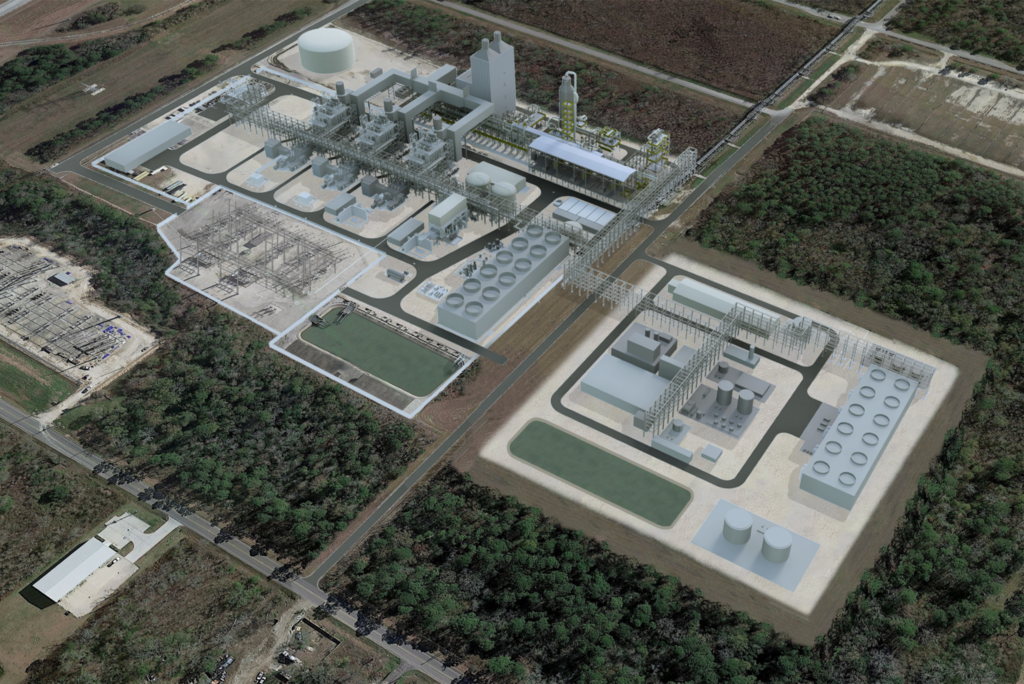ExxonMobil Transports, Stores CO2 from Calpine’s Baytown Plant
The CO2 will be injected into ExxonMobil’s pipeline on the U.S. Gulf Coast and permanently sequestered, delivering low-carbon electricity and steam to local customers.
ExxonMobil is transferring and permanently storing up to 2 MTPA of CO2 from Calpine’s Baytown Energy Center near Houston, TX, per a CO2 transportation and storage agreement. From the cogeneration facility, the carbon will be transported through ExxonMobil’s CO2 pipeline system to support oil recovery applications and deliver a continuous supply of low-carbon electricity and steam along the U.S. Gulf Coast.
“Calpine is excited to partner with ExxonMobil to achieve this project milestone,” said Caleb Stephenson, Calpine Executive Vice President. “As the largest U.S. generator of electricity from natural gas, we understand that the nation’s gas fleet will remain the backbone of the grid for decades to come. We believe carbon capture and storage (CCS) is an actionable and cost-effective way to meet customers' demand for reliable power and alleviate concerns about the indisputable long-term need for gas-fired facilities. Low-cost natural gas, along with carbon-capture technology and widespread geologic storage resources, can bolster U.S. energy, natural gas use, jobs, and export strength.”
Engineering, permitting, and additional development work are underway at Calpine’s Baytown CCS project, which will generate approximately 500 MW of low-carbon electricity and steam to power over 500,000 Texas households and industrial users, respectively. The project, expected to create construction and permanent, skilled positions, is designed to capture the Baytown Energy Center’s CO2 emissions.
Rendering of Baytown CCS project; image credit: Calpine

"We’re thrilled to work with Calpine on this project that supports American energy security, enhances industrial competitiveness, and leverages America’s abundant low-cost natural gas resources," said Barry Engle, President of ExxonMobil Low Carbon Solutions. “This agreement underscores the growing confidence our customers across diverse sectors—including steel, fertilizer, industrial gases, natural gas processing, and power generation—have in our end-to-end CCS system.”
Calpine is ExxonMobil’s sixth CCS customer under its CO2 transport and storage agreements, bringing the total amount of CO2 under contract to approximately 16 MTPA. This project’s execution is pending supportive government policy, customer power sales agreements, and obtaining the required regulatory permits.
More ExxonMobil News
In mid-October 2024, ExxonMobil signed the largest offshore CO2 storage lease in the United States with the Texas General Land Office for a 271,000-acre site in Texas’ Gulf of Mexico waters. The site complements ExxonMobil’s under-development onshore CO2 storage portfolio and contributes further CCS activity to the U.S. Gulf Coast. The terms of the agreement will directly benefit the Texas Permanent School Fund, enhancing education for Texas children while reducing emissions and promoting community development in nearby areas.
Offshore acreage provides additional storage space for CO2 emissions, with the Gulf of Mexico playing a key role in meeting net-zero goals. ExxonMobil operates the largest CO2 pipeline network in the United States, enabling the company to leverage its infrastructure and storage space to deliver an end-to-end solution.
Also in October, Mitsubishi Heavy Industries Compressor International Corp. (MCO-I) successfully delivered an advanced CO2 product compressor package to ExxonMobil’s CCS expansion project in LaBarge, WY. The core equipment, delivered in April 2024, was manufactured and tested at MHI Compressor Corp. (MCO) in Hiroshima, Japan.
MCO-I conducted the packaging work in Pearland, TX, ensuring integration while allowing the end-user to execute final inspections and familiarize themselves with the package locally. Personnel from both MCO and MCO-I were involved in manufacturing, testing, installation, and commissioning support of the compressor package for ExxonMobil’s CCS project.